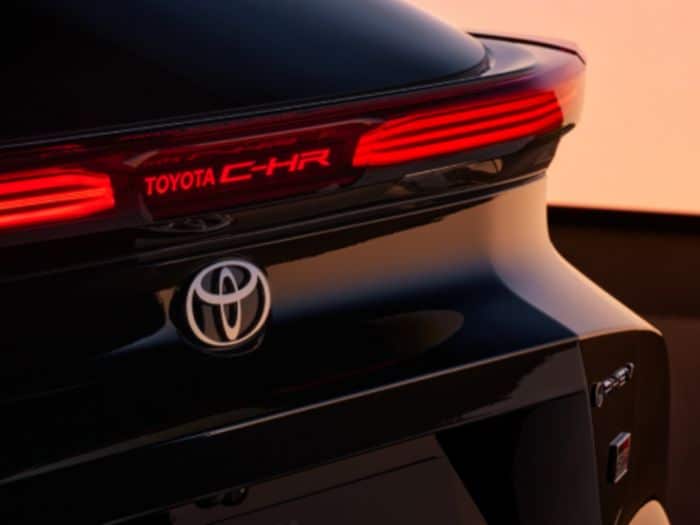The importance of vehicle accessories in reducing fuel expenses
Currently, the reduction of fuel spending has become a key concern for drivers, especially in light of the ongoing rise in fuel prices. Vehicle accessories play a fundamental role in this aspect, as certain elements and technologies can significantly influence consumption efficiency. Maintaining the appropriate temperature inside the vehicle, employing optimal ventilation systems, and using quality spare parts are just some of the strategies that contribute to a more efficient fuel management. Through small adjustments and the right choice of accessories, it is possible to achieve great savings while also improving the environmental impact associated with vehicle usage.
The use of appropriate accessories in a vehicle not only enhances comfort and aesthetics but also plays a fundamental role in reducing fuel spending. Small modifications can have a significant impact on consumption efficiency, which in turn contributes to considerable savings in the long term. Below, we will explore how different aspects of vehicle accessories can positively influence fuel economy.
Elements that affect fuel consumption
There are various factors that influence a vehicle’s fuel consumption, where accessories play a crucial role. Among them, the temperature of the air conditioning is one of the most notable aspects; keeping the temperature between 21 and 22 ºC can help optimize current performance. An air conditioning system that works excessively can increase the drag force with the air, which in turn raises resistance and, consequently, fuel expenditure.
Accessories to optimize a vehicle’s aerodynamics
The aerodynamics of a vehicle is essential to ensure low fuel consumption. Accessories like air deflectors or spoilers can help reduce resistance to motion, making it so the engine doesn’t have to work as hard to increase speed. The use of low roofs or reviews of the vehicle’s shape, such as removing roof racks when not in use, also reduces weight and improves fuel efficiency.
The impact of electrical accessories
Often overlooked, electrical accessories like sound systems, interior lights, and other devices that run on the cigarette lighter can overload the engine and increase fuel consumption. It is advisable to evaluate the use of these devices and consider solutions like more efficient technologies that reduce electrical consumption, which in turn decreases the load on the engine and, therefore, fuel spending.
Proper maintenance as the key to fuel efficiency
Regular vehicle maintenance not only ensures good performance but is also crucial for reducing fuel consumption. A frequent technical review can identify faults in accessories and components that, if not corrected, could lead to increased fuel spending. For example, keeping tires well inflated and in good condition improves efficiency and reduces rolling resistance.
Practical tips for efficient use of accessories
To maximize the benefits of accessories, it is essential to implement some strategies. Avoiding excessive use of air conditioning, using the ventilation system when fresh air is needed, as well as selecting quality accessories that contribute to efficiency, are important steps. Additionally, when considering the purchase of new accessories, choosing options that are known for their energy efficiency can make a difference in fuel consumption.
Additional resources to optimize fuel savings
For those interested in delving deeper into the subject and learning more about how accessories can help reduce fuel spending, it is recommended to explore resources like this article on myths and realities or simple tips for saving fuel. Complementing the efficient use of accessories with sound advice can be the key to achieving significant savings in fuel consumption.
Vehicle accessories play a crucial role in fuel consumption efficiency. Various elements, from air conditioning systems to components that enhance vehicle aerodynamics, can significantly influence the amount of fuel used. For example, keeping the air conditioning temperature at moderate levels (21-22 ºC) can help minimize energy expenditure and thus fuel consumption.
Additionally, it is essential to consider the electric load placed on the engine through electrical accessories such as sound systems and interior lights. These accessories, while useful, can increase energy demand, which translates to greater fuel consumption. Therefore, it is prudent to use these devices in a balanced and conscious manner.
Moreover, quality spare parts and proper vehicle maintenance are indispensable for ensuring optimal performance. Choosing appropriate parts not only improves engine function but also helps reduce wear and optimize fuel efficiency. This is especially important in a context where fuel costs continue to rise.
Finally, it is essential to educate drivers about the various technologies and modifications available that can help reduce resistance to motion. Investing in accessories that improve aerodynamics and energy efficiency of the vehicle can lead to significant long-term savings. The combination of good maintenance, the choice of efficient accessories, and conscious energy use are key to achieving more economical and sustainable driving.






